The general struggle Something that will make life easier in the long-run can be the most difficult thing to do today . For coders, prioritising the long term may involve an overhaul of current practice and the learning of a new skill.
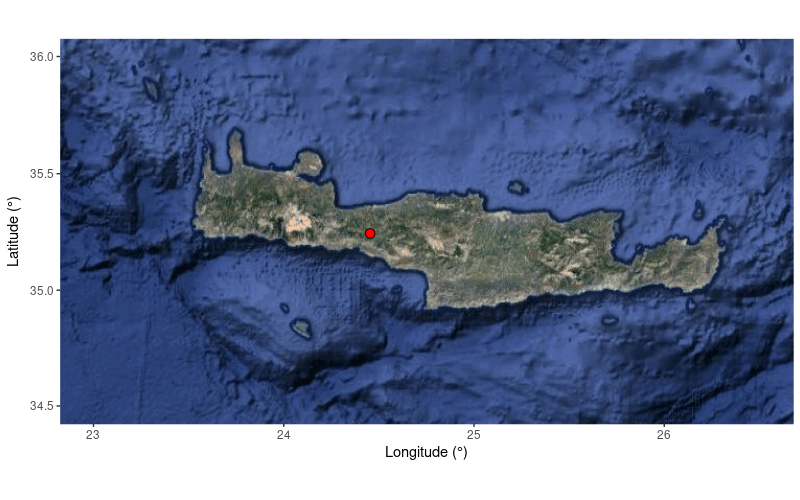
That’s a lot alike Data Science, isn’t it? Hydrologic Processes evolve in space and time, are extremely complex and we may never comprehend them. For this reason Hydrologists use models where their inputs and outputs are measurable variables: climatic and hydrologic data, land uses, vegetation coverage, soil type etc.
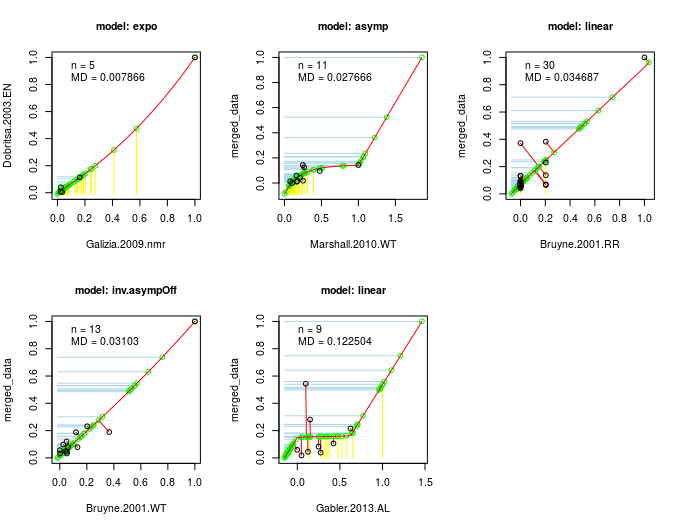
Olfactory Coding Detecting volatile chemicals and encoding these into neuronal activity is a vital task for all animals that is performed by their olfactory sensory systems. While these olfactory systems vary vastly between species regarding their numerical complexity, they are amazingly similar in their general structure.

I love working with R and have been sharing the love with my friends and colleagues for almost seven years now.
Earlier this month we released a new version of the tesseract package to CRAN. This package provides R bindings to Google’s open source optical character recognition (OCR) engine Tesseract. Two major new features are support for HOCR and support for the upcoming Tesseract 4.hOCR output Support for HOCR output was requested by one of our users on Github.

The drake R package is a pipeline toolkit. It manages data science workflows, saves time, and adds more confidence to reproducibility. I hope it will impact the landscapes of reproducible research and high-performance computing, but I originally created it for different reasons. This post is the prequel to drake’s inception. There was struggle, and drake was the answer.Dissertation frustration My dissertation project was intense.
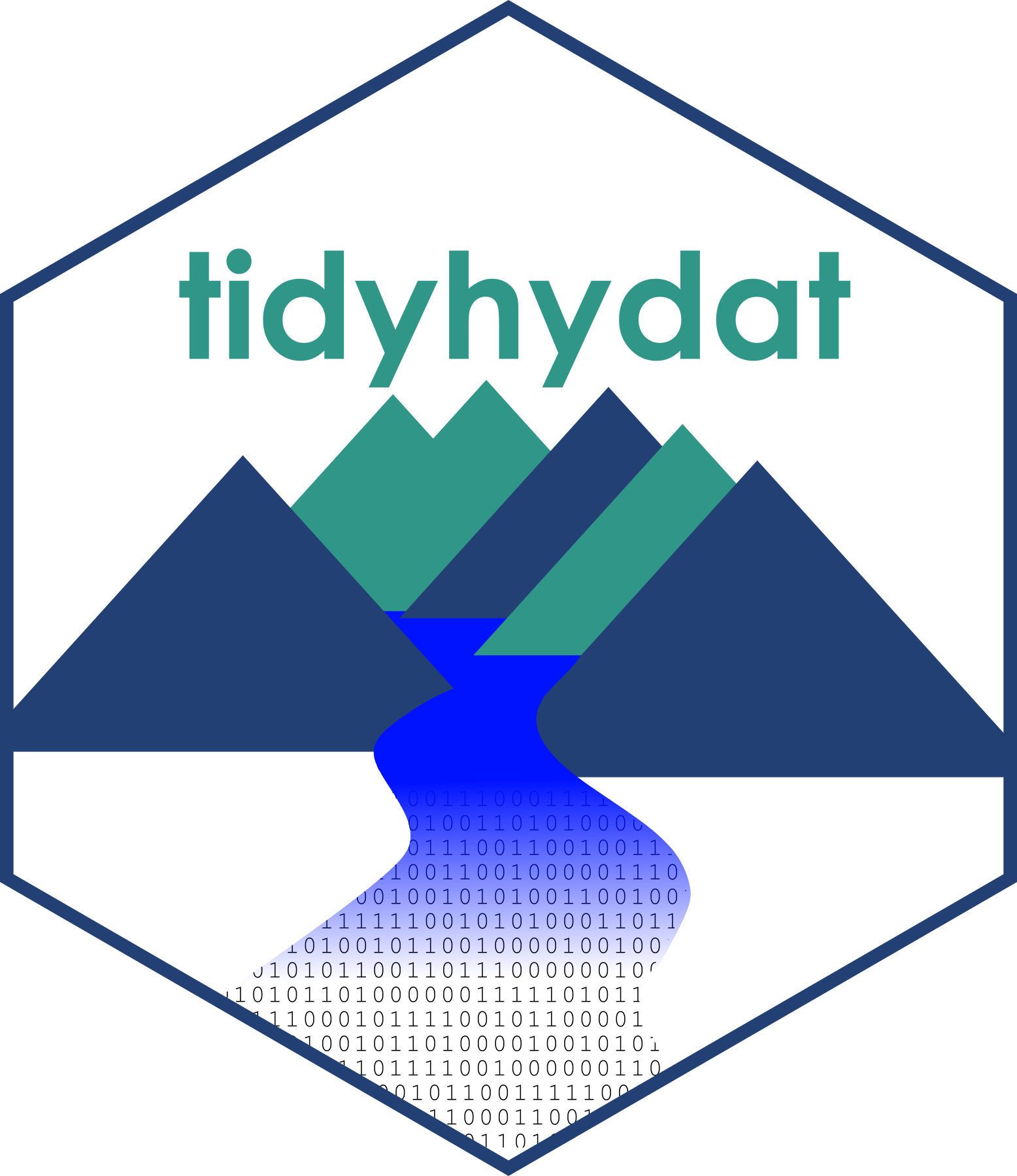
One of the best things about learning R is that no matter your skill level, there is always someone who can benefit from your experience. Topics in R ranging from complicated machine learning approaches to calculating a mean all find their relevant audiences. This is particularly true when writing R packages.
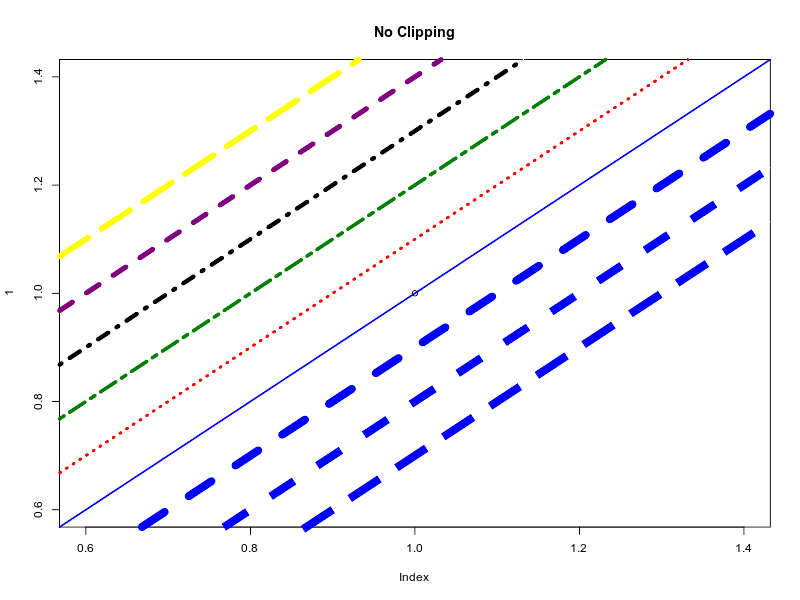
This week magick 1.6 appeared on CRAN. This release is a big all-round maintenance update with lots of tweaks and improvements across the package. The NEWS file gives an overview of changes in this version.
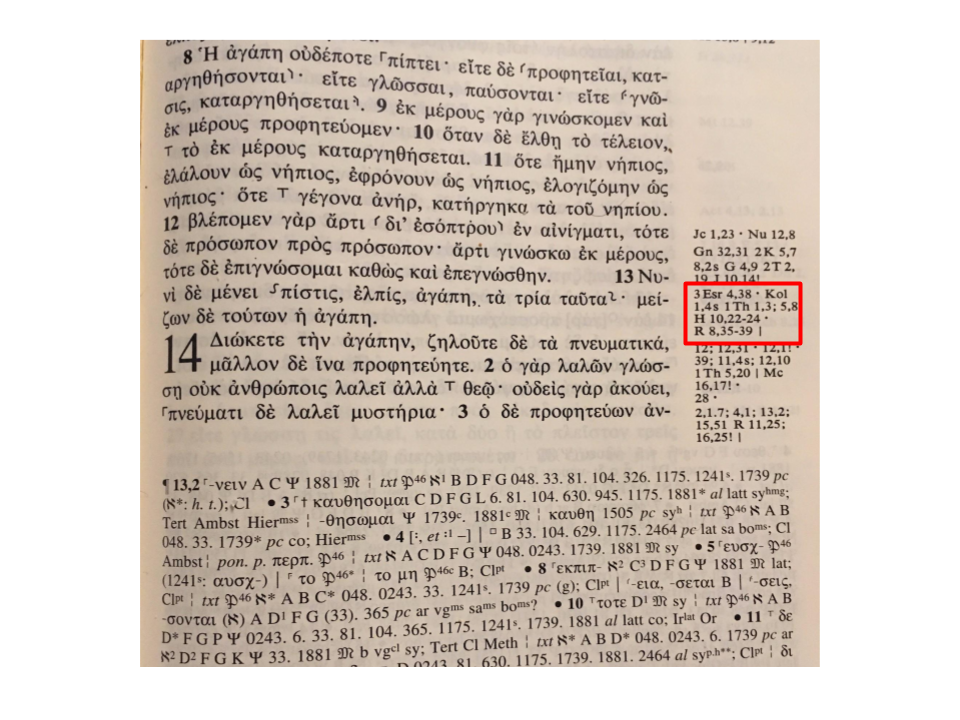
Introduction When I was in grad school at Emory, I had a favorite desk in the library. The desk wasn’t particularly cozy or private, but what it lacked in comfort it made up for in real estate. My books and I needed room to operate. Students of the ancient world require many tools, and when jumping between commentaries, lexicons, and interlinears, additional clutter is additional “friction”, i.e., lapses in thought due to frustration.

This week magick 1.5 appeared on CRAN. The latest update adds support for using images in knitr documents and shiny apps.